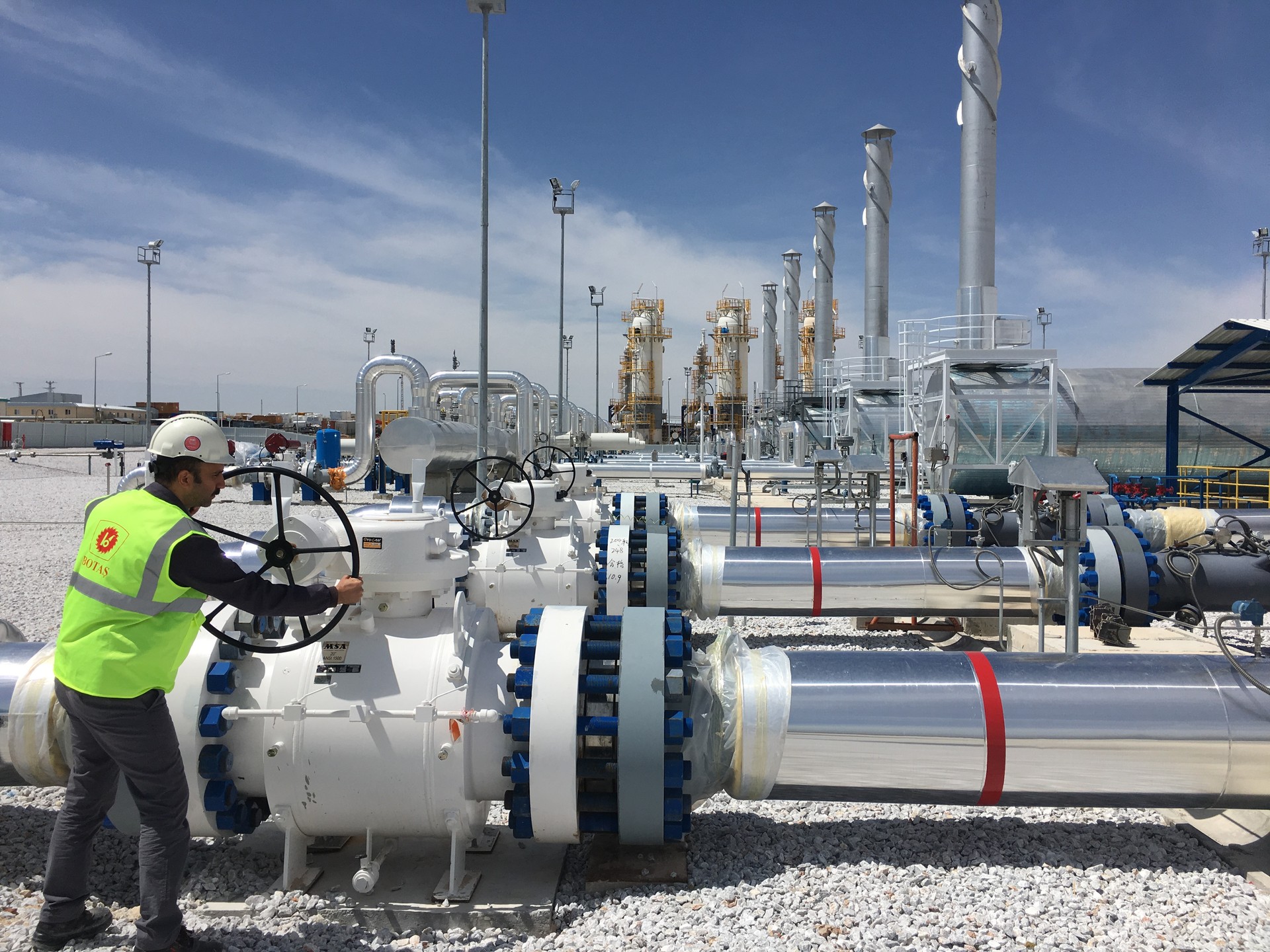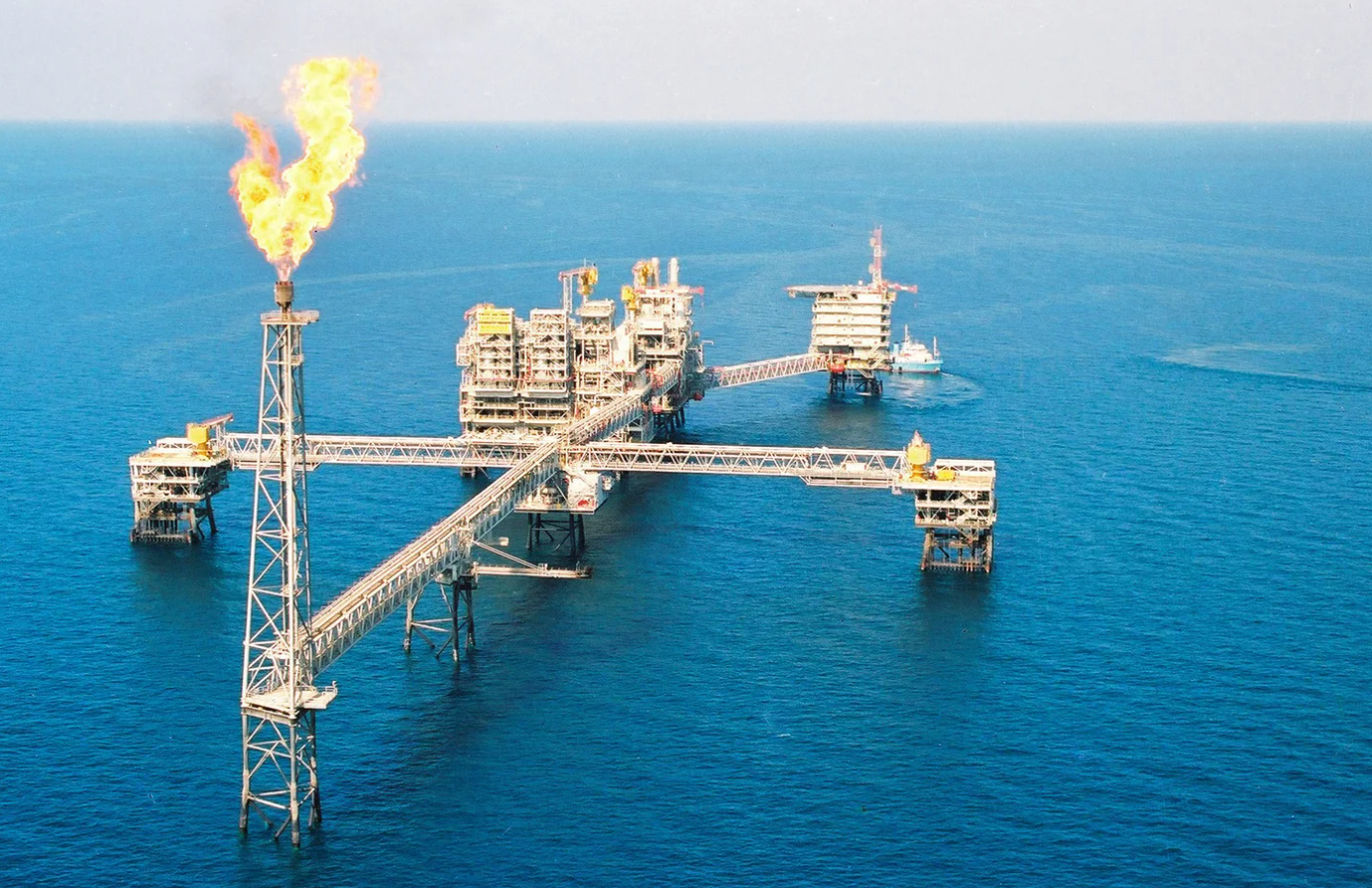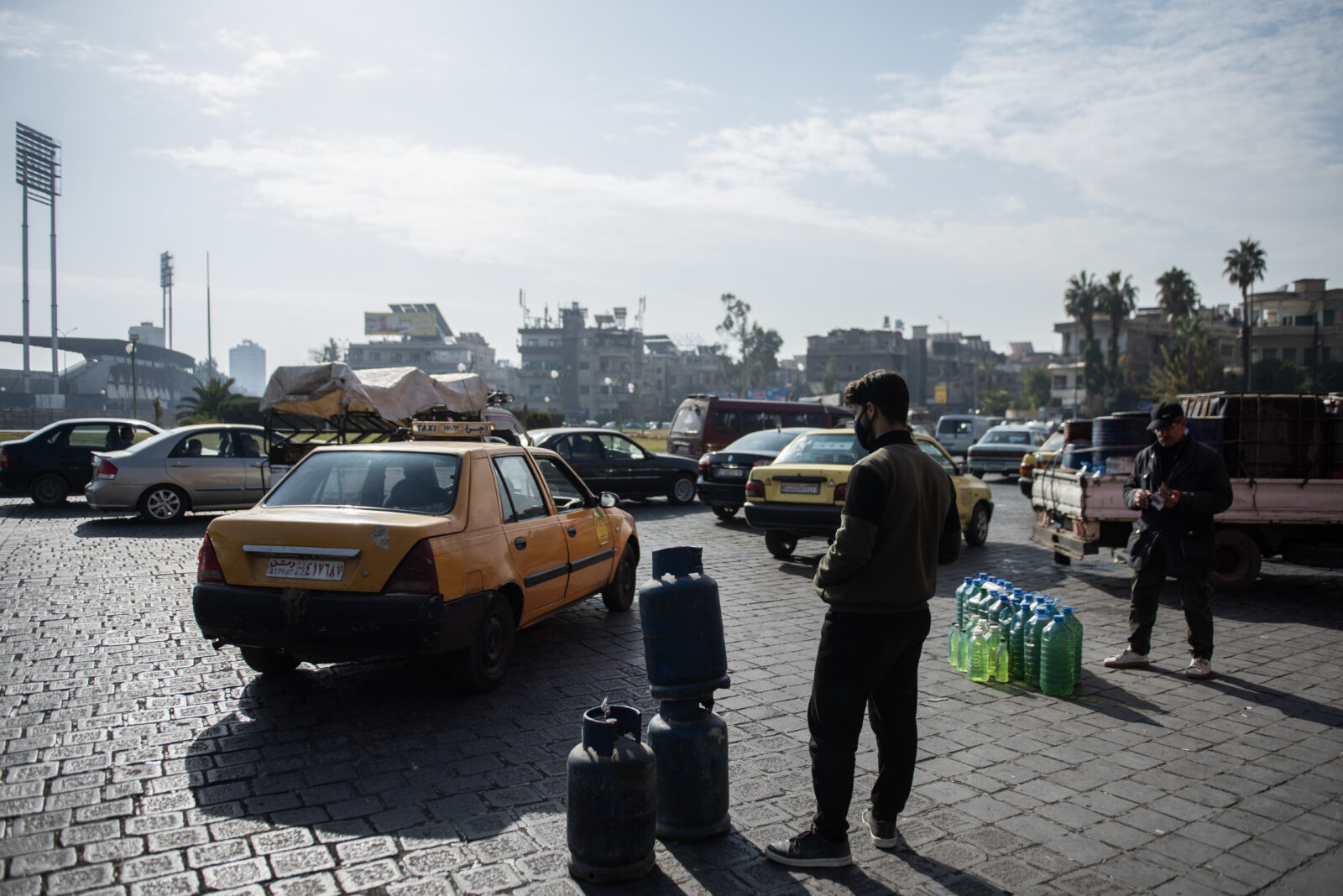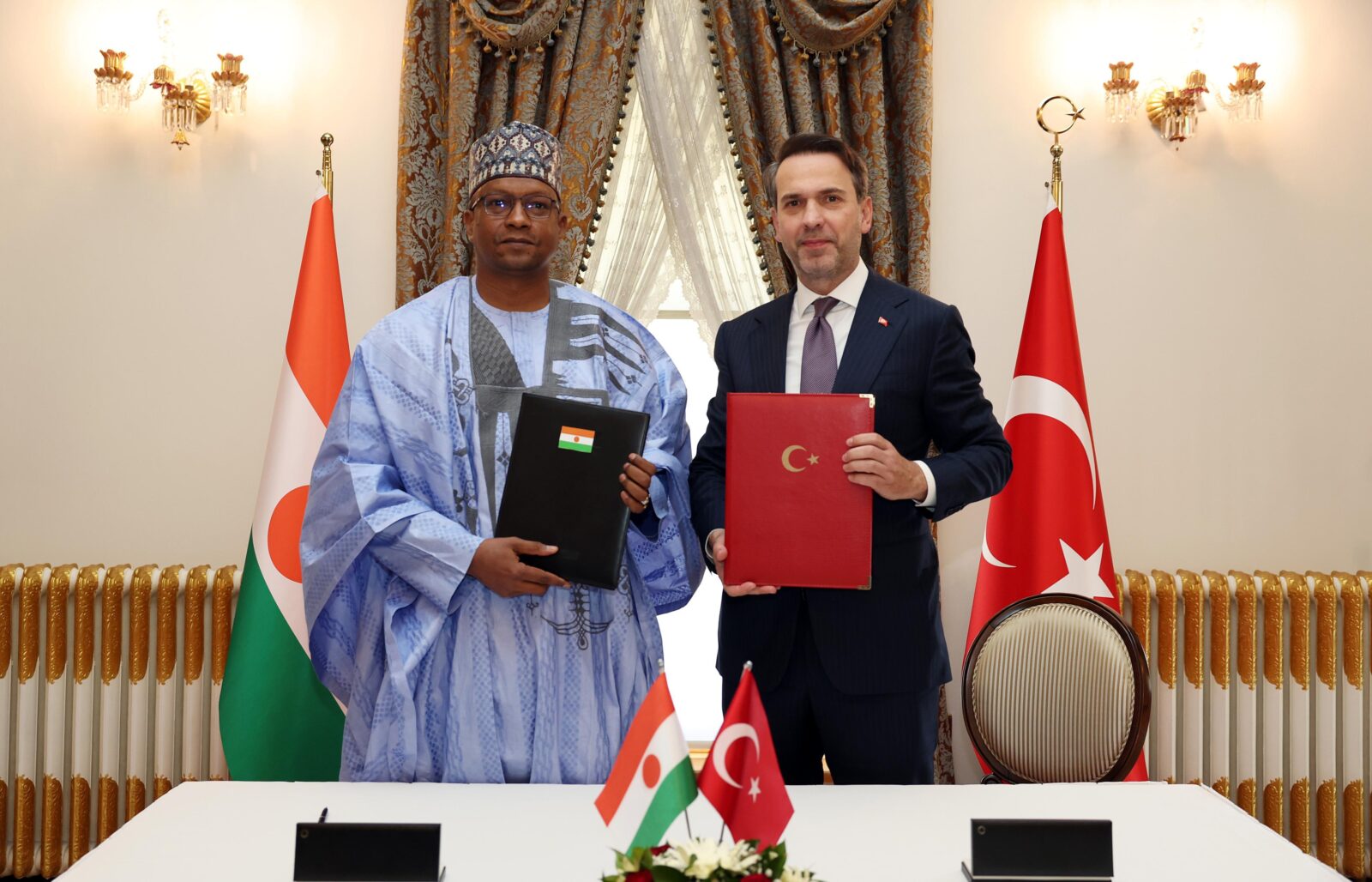
Türkiye is evaluating a potential project to transport Qatari natural gas through Syria to Türkiye and subsequently to Europe, Energy and Natural Resources Minister Alparslan Bayraktar announced.
"There are ongoing discussions about transporting Qatari gas through Syria to Türkiye and Europe. These plans are still in the early stages and require further technical and financial evaluation," Bayraktar said.
He highlighted that the proposed pipeline could form a significant energy corridor, enhancing regional energy security and diversifying supply routes for Europe.
"This project, if realized, could become a crucial part of the regional energy infrastructure, much like how we transport Gabar oil via a 38-kilometer pipeline to connect with the Iraq-Türkiye pipeline," he explained.
We plan to share our potential contributions with our counterparts. Projects such as integrating a Syrian oil pipeline with the Iraq-Türkiye pipeline and transporting Qatari gas through Syria to Türkiye and Europe are still in early stages. Similar to how we transport Gabar oil to Idil via a 38-kilometer pipeline, a similar model could be applied here.
Energy and Natural Resources Minister Alparslan Bayraktar

Türkiye is also set to send an energy delegation to Syria to assist in rebuilding the country's war-damaged energy infrastructure.
"Türkiye is currently operating three transmission lines and four distribution zones in Syria. Our transmission lines carry electricity as far as Cobanbey. We are planning to send a delegation to Syria on Saturday or Monday," Bayraktar stated.
Before the conflict, Syria had an installed capacity of 8,500 megawatts (MW). However, approximately 5,500 MW were destroyed during the war, leaving only around 3,000 MW operational.
"Syria needs everything right now, but the priority is to rebuild its infrastructure," Bayraktar added.
He also highlighted the possibility of exporting electricity to Lebanon via Syria in the future. "Oil and natural gas appear to be two key sectors where we can focus in the near term," he noted.

Minister Bayraktar also provided updates on Türkiye's overseas energy initiatives, including projects in Libya, Azerbaijan, and Niger.
"We need to be more active in energy diplomacy, especially in oil and natural gas. Niger is an important country for us. Today, I can share this update: we have signed agreements for three new gold fields in the Agadez region of Niger. Our aim is to start gold production in 2025 from the field we began developing in 2020," Bayraktar stated.

The Qatar–Türkiye pipeline proposal aimed to deliver natural gas from the Iranian–Qatari South Pars/North Dome gas-condensate field to Türkiye, where it could connect with the Nabucco pipeline to supply European customers. One proposed route to Türkiye was via Saudi Arabia, Jordan, and Syria, while another passed through Saudi Arabia, Kuwait, and Iraq.
Allegedly, Assad refused to sign a proposed agreement with Qatar in 2009. This agreement would have enabled the pipeline to bypass Russia, supplying Europe directly.
According to an Agence France-Presse (AFP) report, Assad’s rationale was to safeguard the interests of his Russian ally, a major supplier of natural gas to Europe. Moscow’s influence allegedly persuaded Assad to reject the deal, ensuring Europe’s continued reliance on Russian gas.
Syria also announced its “Four Seas Strategy” in 2009, a policy intended to transform the country into a transit hub for gas flows between the Gulf, the Black Sea, the Caucasus, and the Mediterranean. This strategy included utilizing the 6,300 kilometers of gas and oil pipelines crossing Syria and leveraging the Arab Gas Pipeline (AGP).
The AGP, which began construction in 2003, was meant to connect Egypt to Türkiye and further link with Europe. However, the Syrian conflict, which began in 2011, disrupted the completion of its planned extensions.